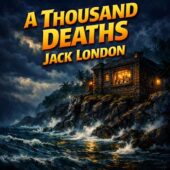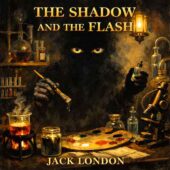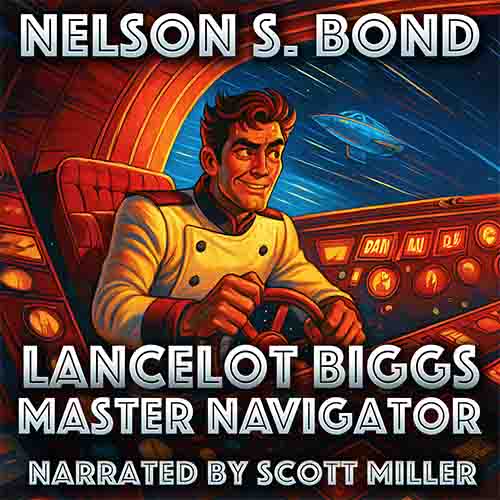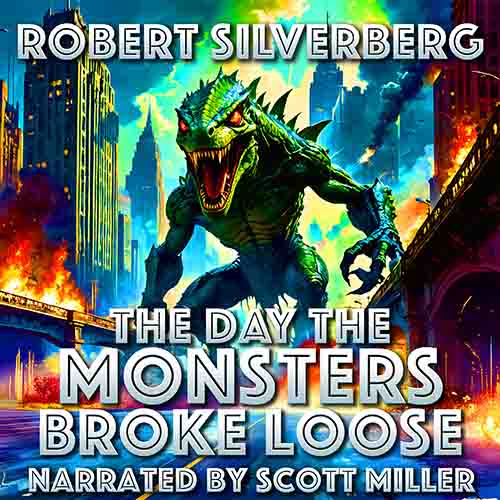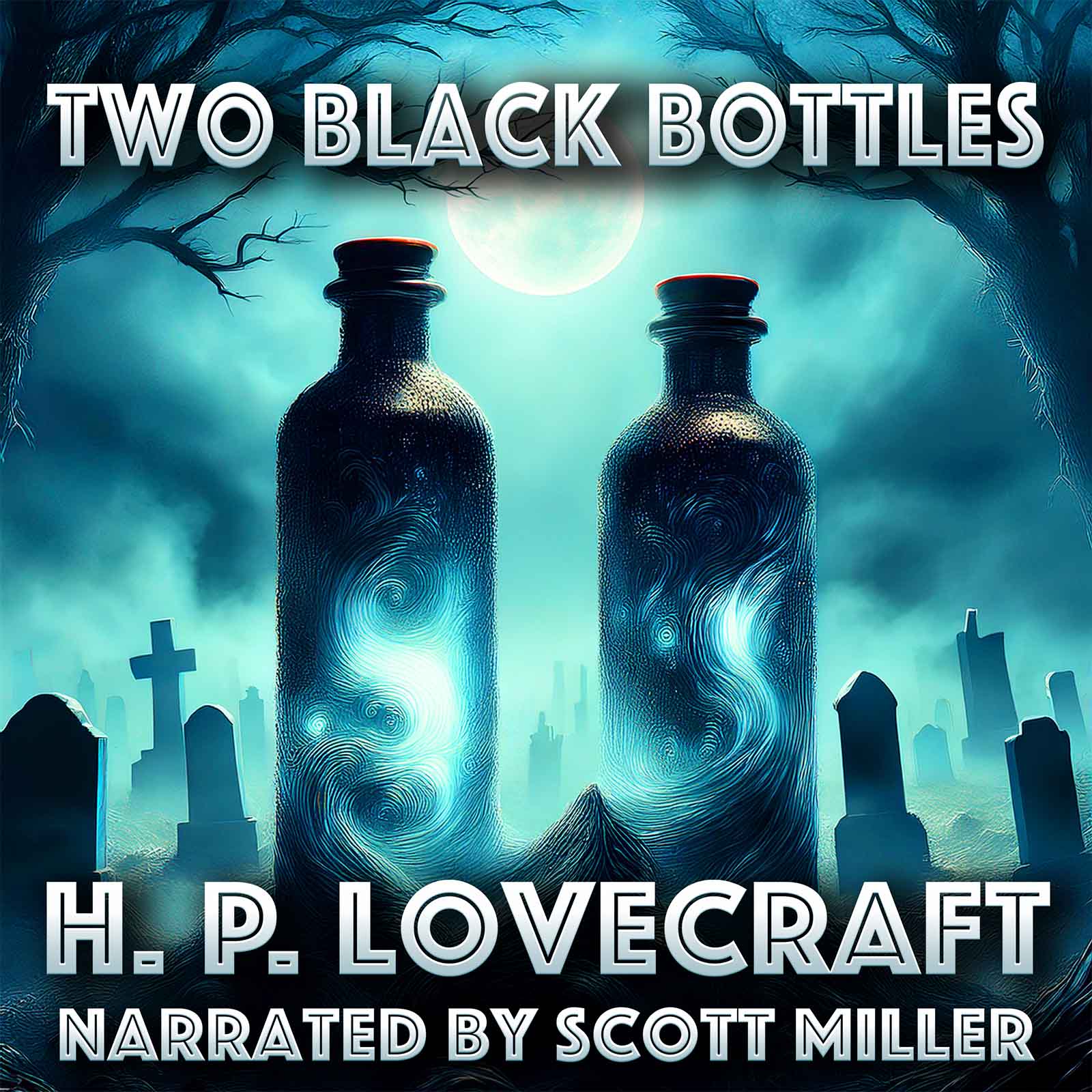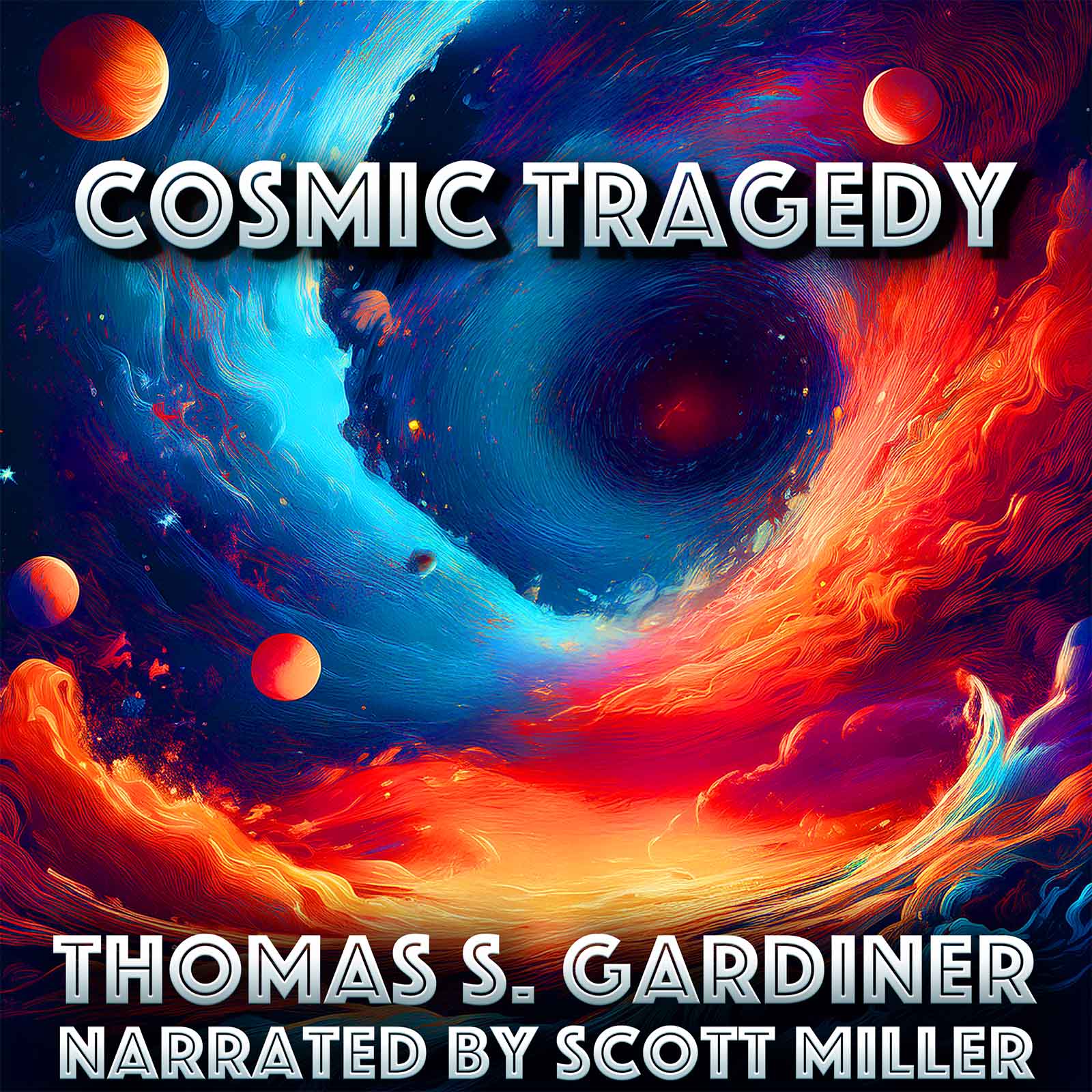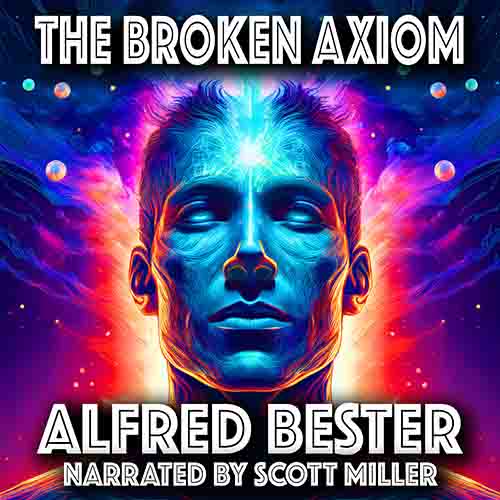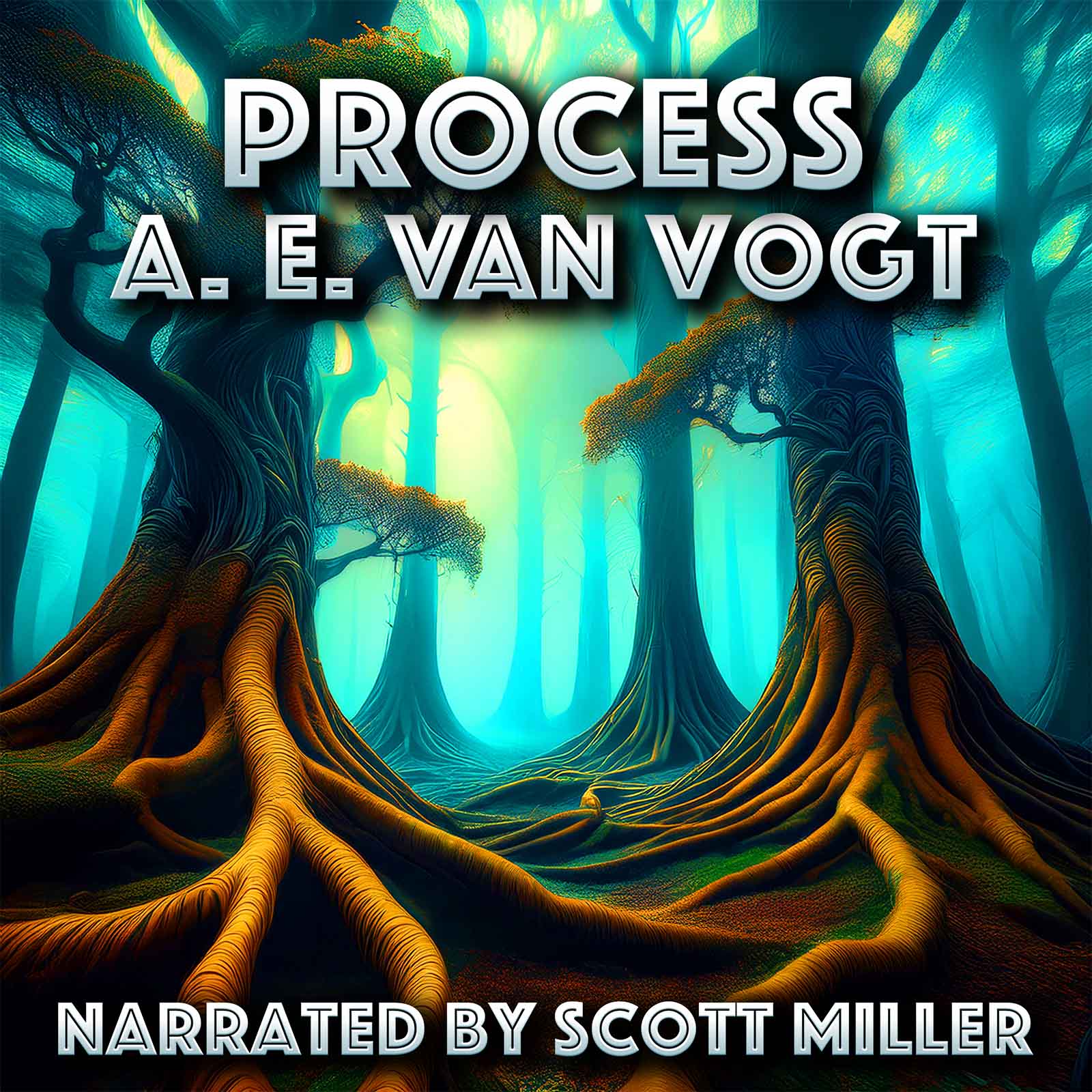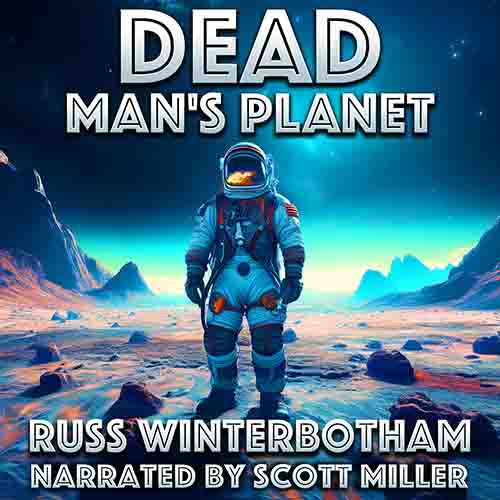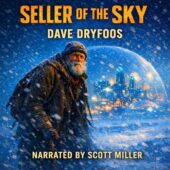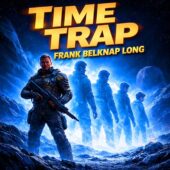Jack London

Biography
Jack London (1876–1916) was an American novelist, journalist, and social activist whose adventurous life and dynamic writing made him one of the most popular authors of the early 20th century. Best known for adventure classics like The Call of the Wild (1903) and White Fang (1906), London also played a significant role in the development of early science fiction. His speculative tales—often overshadowed by his adventure fiction—explored evolution, dystopia, and the fate of humanity, anticipating many of the genre’s defining themes.
Born John Griffith Chaney in San Francisco, London grew up in poverty, worked long hours from an early age, and lived a restless, adventurous youth. He sailed on sealing ships, tramped across America, and prospected during the Klondike Gold Rush. These experiences gave him firsthand knowledge of survival, hardship, and social struggle, which fueled his fiction. His rise from working-class obscurity to international fame mirrored the rugged determination of many of his protagonists.
While London’s adventure novels made him a household name, his science fiction stories and novels reveal his intellectual engagement with Darwinism, socialism, and anxieties about the modern world. One of his earliest speculative works, A Thousand Deaths (1899), explored experimental science and themes of death and resurrection. His novel The Iron Heel (1908) stands as a pioneering dystopian work, depicting a future America ruled by a brutal oligarchy. Predating Orwell’s 1984 and Huxley’s Brave New World, it is one of the earliest full-length dystopias, remarkable for its foresight about fascism, corporate power, and social struggle.
London also examined humanity’s future in works like The Scarlet Plague (1912), set in a devastated America after a global pandemic. Written decades before post-apocalyptic fiction became a genre, it imagined civilization collapsing into savagery, raising questions about progress, fragility, and survival. Another visionary piece, Before Adam (1907), delved into humanity’s prehistoric past through the dreams of a modern narrator, exploring evolution and primal memory—an idea well ahead of its time.
His shorter speculative tales reveal both experimentation and imagination. “The Unparalleled Invasion” (1910) envisions biological warfare against China, a controversial story reflecting Western fears and imperial attitudes of his era, but also a chillingly prescient look at germ warfare. “Goliah” (1908) imagines a superweapon ushering in world peace, while “The Strength of the Strong” (1911) uses allegory to comment on cooperation and survival. These works highlight London’s fascination with both humanity’s evolutionary past and its uncertain future.
London’s science fiction is distinctive for its fusion of realism and speculation. His grounding in Darwinian theory, socialism, and personal experience of hardship gave his futuristic visions a gritty authenticity. Unlike some contemporaries who embraced scientific marvels with optimism, London often presented the future as precarious, shaped by greed, power, and the struggle for survival. In this sense, he stood as both a prophet of dystopian futures and an early contributor to the serious treatment of speculative ideas in literature.
Beyond science fiction, London’s influence was vast. His adventure novels, reportage, and essays explored themes of nature, individualism, social justice, and the human-animal bond. Works like The Sea-Wolf (1904) and Martin Eden (1909) showcased his range, from nautical survival to semi-autobiographical explorations of the writer’s life. He was also a committed socialist, often weaving political and philosophical ideas into his fiction.
Despite his tremendous success—he was one of the first writers to become a millionaire through fiction—London’s life was marked by hardship and ill health. His relentless pace of writing, coupled with heavy drinking and the physical toll of his adventures, contributed to his early death at 40. Yet in his brief career he produced over 50 books and hundreds of short stories, leaving a legacy of imagination, adventure, and social critique.
Today, Jack London is remembered not only as a chronicler of the North and the sea but also as a significant early voice in science fiction. The Iron Heel remains a landmark dystopia; The Scarlet Plague anticipates post-apocalyptic fiction; and Before Adam foreshadows speculative anthropology and evolutionary storytelling. His stories, blending adventure with speculation, helped lay the groundwork for much of the genre that followed.
Jack London’s legacy lies in his ability to combine raw experience with visionary thought. Whether he was writing about dogs in the Klondike, sea captains wrestling with power, or humanity’s uncertain destiny, he infused his work with intensity, social conscience, and imagination. His speculative works remind us that London was not only a storyteller of the present but also a seer of the possible futures—and futures lost—that continue to haunt the human imagination.
